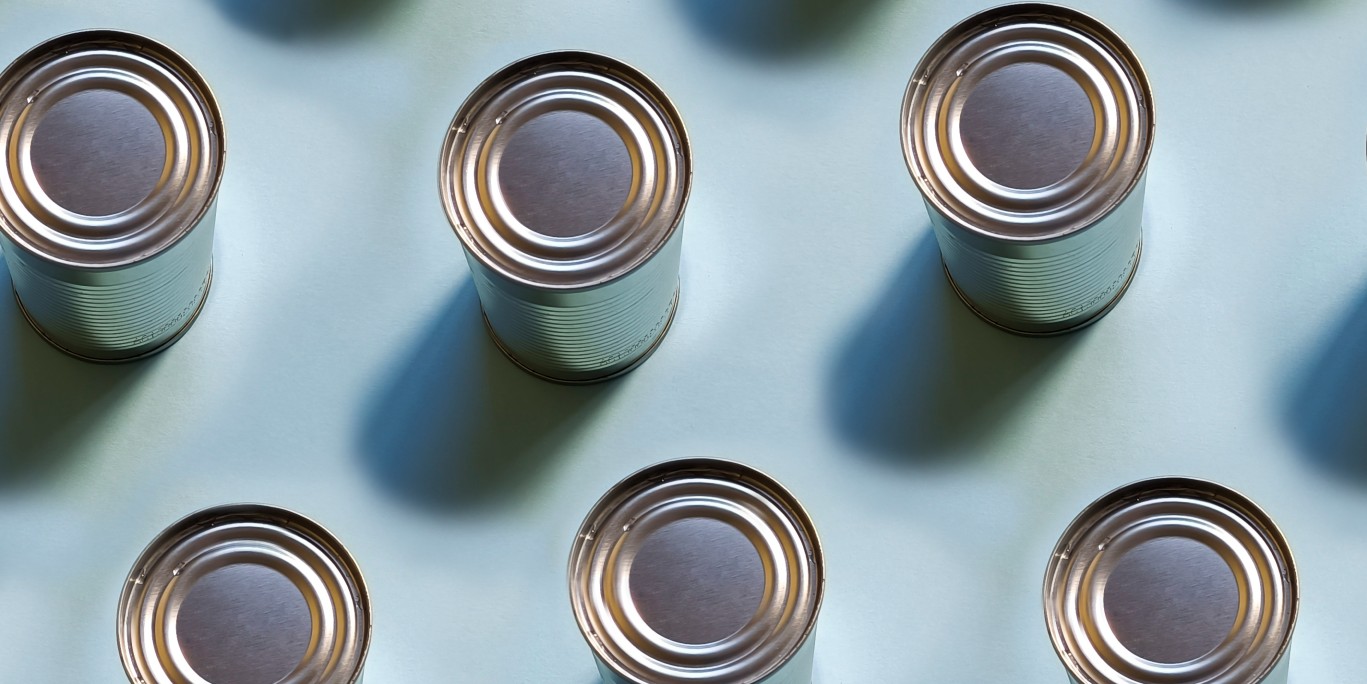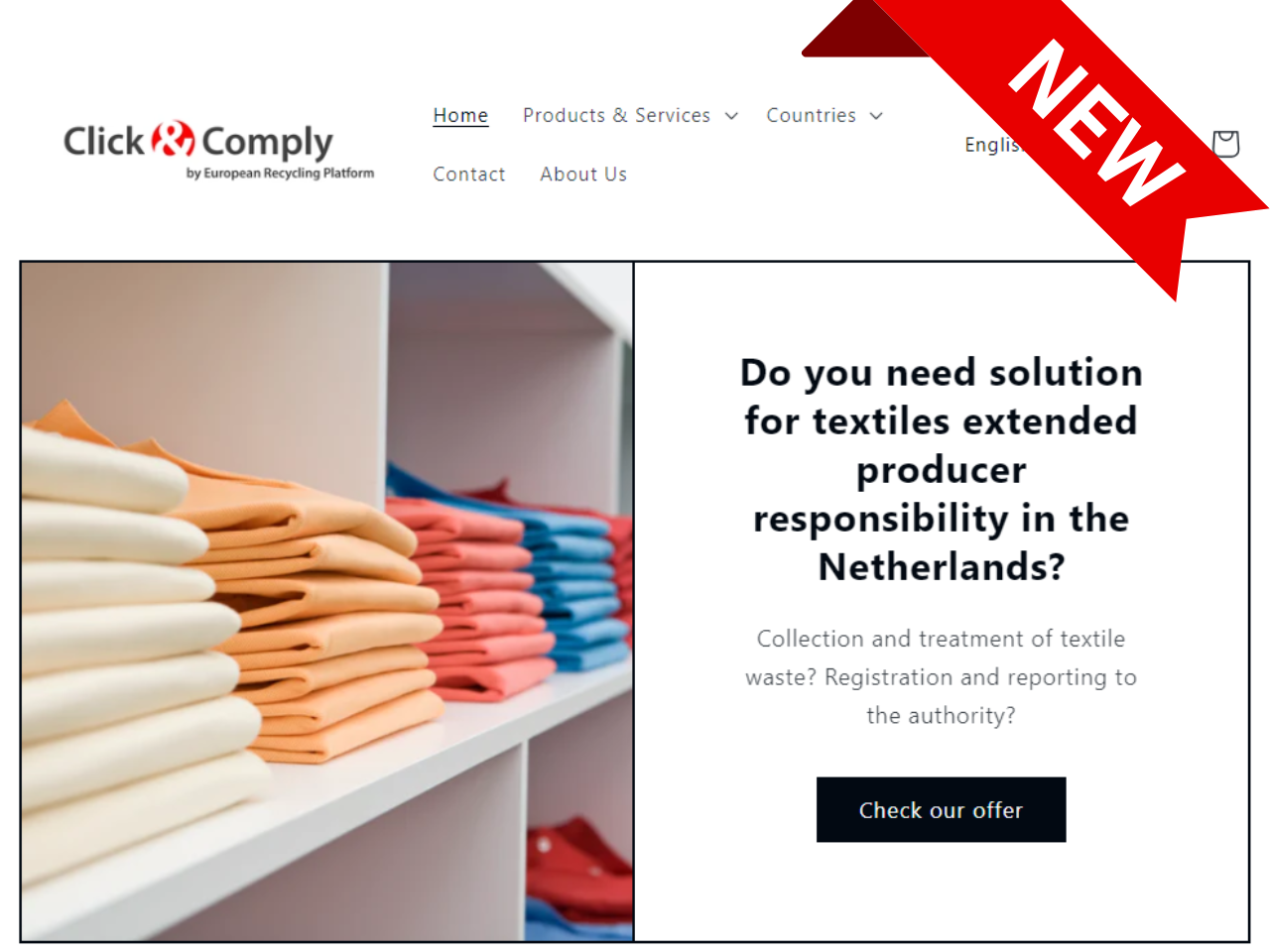What are the latest developments? We’ve picked out some highlights for March 2024:
PPWR: Parliament and Council reach provisional agreement
Battery Regulation: now in force
Waste Framework Directive & textiles: ENVI votes
Waste Shipment Regulation: adopted by EU
Food contact materials: consultation on BPA
PPWR: Parliament and Council reach provisional agreement
On 4 March, the European Parliament and Council reached a provisional agreement on revamped rules to reduce, reuse and recycle packaging, aiming to boost the circular economy, through the proposed Packaging and Packaging Waste Regulation (PPWR).
The agreement sets packaging reduction targets (5% by 2030, 10% by 2035 and 15% by 2040) and requires EU countries to reduce, in particular, the amount of plastic packaging waste.
According to the deal, certain single-use plastic packaging formats – such as packaging for unprocessed fresh fruit and vegetables, packaging for foods and beverages filled and consumed in cafés and restaurants, and individual portions of condiments and sauces, for example – will be banned from 1 January 2030.
Also, very lightweight plastic carrier bags (below 15 microns) will be banned with some exemptions (for hygiene reasons or to prevent food wastage).
The new rules will set a maximum empty space ratio of 50% in grouped, transport and e-commerce packaging, and require manufacturers and importers to ensure that the weight and volume of packaging are minimised.
The text sets new binding re-use targets for 2030 and indicative targets for 2040.
The targets vary depending on the type of packaging used by operators: alcoholic and non‑alcoholic beverages (excluding wine and aromatised wines, milk and other highly perishable beverages), transport and sales packaging (excluding packaging used for dangerous goods or large-scale equipment and flexible packaging in direct contact with food) and grouped packaging. Cardboard packaging is also generally exempted from these requirements.
Moreover, it has been agreed that all packaging should be recyclable, fulfilling strict criteria to be defined through secondary legislation.
By 2029, member states must ensure the separate collection per annum of at least 90% of single-use plastic bottles and metal beverage containers. To achieve this target, they are required to set up deposit return systems (DRSs) for these packaging formats unless they achieve the 90% target with an alternative system by 2029.
Finally, the provisional agreement will also require minimum recycled content in plastic packaging, exempting compostable plastic packaging and packaging whose plastic component represents less than 5% of the packaging’s total weight.
As the next and final step, Parliament and Council need to formally approve the agreement before it can enter into force.
Battery Regulation: now in force
The European Battery Regulation 2023/1542 now applies in all Member States since 18 February.
While it will repeal the Battery Directive 2006/66/EC only with effect from 18 August 2025, it will introduce an extensive set of new rules applying to all manufacturers, importers and retailers, including the following obligations following specific timelines, namely:
The carbon footprint of batteries:
- Phase 1: rechargeable industrial batteries (greater 2 kWh), traction (e-vehicle) and light means of transport (LMT) batteries need a carbon footprint declaration
- Phase 2: additionally named batteries need to be labelled indicating their carbon footprint and their carbon footprint performance class, and
- Phase 3: batteries need to adhere to maximum carbon values across their entire life cycle
Furthermore, minimum recycled content rules apply to industrial (greater than 2 kWh), traction (EV), LMT and starter batteries:
- Stage 1: from 18 August 2028, batteries other than LMT must be accompanied by technical documentation with information on the amount of recovered content of certain metals (Co, Pb, Li, Ni) that they contain. This will also apply to LMT batteries from 18 August 2033.
- Stage 2: from 18 August 2031, batteries must contain a minimum percentage of these metals and must be accompanied by documentation demonstrating compliance, and
- Stage 3: from 18 August 2036, the required minimum percentage of these metals will be increased
Extended producer responsibility (EPR) plays a central role in the Battery Regulation, setting stricter collection targets for portable batteries (63% by 2027 and 73% by 2030) and collection targets for the new category of LMT batteries (51% by 2028 and 61% by 203).
Other measures relate to substance restrictions, performance and durability, other labelling obligations (including QR codes), battery management systems, corporate due diligence, recycling efficiency, and the digital battery passport.
Waste Framework Directive & textiles: ENVI votes
On 14 February, the Environment, Public Health and Food Safety (ENVI) committee voted on a position for the revision of the Waste Framework Directive regarding food and textile waste.
The plenary is expected to vote on the case file on 11 March. The revision aims to reduce food and textile waste, as well as the environmental impact of waste management practices.
The Revision also confirms the obligation to set up extended producer responsibility (EPR) for textiles.
Moreover, it widens the scope: newly adding EPR for bulky textile items, such as mattresses or carpets by 2028. These products usually end up in landfills or are incinerated, so the revision is an important step to ensure proper waste management for these items.
Landbell Group company, European Recycling Platform (ERP) participated in the legislative process through a position paper, welcoming the EU’s ambitions to utilise EPR as a key element to manage textile waste.
The Council is expected to agree on a negotiating mandate in June, thus the trilogues will not kick off before the European elections, but are expected to start end of 2024 or beginning of 2025.
Nevertheless, and in parallel, several EU Member States are already implementing or planning national measures introducing EPR for textiles.
Landbell Group’s regulatory tracking team provides a service, monitoring these national regulatory developments.
Waste Shipment Regulation: adopted by EU
The European Parliament has approved the Waste Shipment Regulation (WSR) by a large majority with 587 MEPs voting in favour, eight against and 33 abstaining, thereby approving the agreement with the Council.
The regulation aims to better protect the environment and human health, while ensuring that products and materials are managed according to the principles of the circular economy.
Strengthening the Commission’s text, notably on transparency, monitoring and assessment of sound waste management in third countries, Parliament’s negotiating mandate proposes putting an end to plastic waste exports outside the EU and EFTA countries.
Also, the text bans shipments of all waste destined for disposal within the EU and would be allowed only in exceptional cases, for example, to facilitate cross-border shipments to the nearest suitable facility.
Intra-EU shipments of waste for recovery will still be allowed, while a pre-consent for a recovery facility issued by the competent authority in one Member State should be valid in all Member States.
In addition, the text provides for an export prohibition of non-hazardous waste to non-OECD countries, except where these countries indicate their willingness to receive that waste and demonstrate that they have put in place and implemented all necessary measures to ensure that such waste will be managed in an environmentally sound manner.
Prior to exporting waste, exporters would need to obtain written confirmation that the third party entrusted with the audit of the facility, which will manage the waste in the country of destination, is certified in accordance with EU or internationally recognised standards, such as ISO 19011:2018. Exporters would also have to provide the Commission with an audit report.
Following the plenary vote, the Council will have to formally approve the text before it is published in the Official Journal of the European Union.
Food contact materials: consultation on BPA
Following a publication of the European Food Safety Authority indicating a risk for human health regarding the use of bisphenols (BPA) in food contact materials (FCMs), including plastic and coated packaging, the European Commission has initiated a consultation.
Bisphenol A is an industrial chemical used in the manufacture of food contact materials and articles such as cans, tins and jar lids, and plastics for storage and processing equipment.
The published draft regulation aims to prevent the replacement of bisphenol A with other bisphenols, as well as establishing derogations or transitional periods for sensitive business sectors affected.
Given this is the early stages of the regulatory process, the Commission opened a consultation period to receive feedback on the draft regulation.
Starting 9 February, amendments on the regulation could be addressed for a period of 4 weeks until 8 March.
The Commission plans to publish the proposal this month.
Sign up for our monthly
report COMPASS here:
Your email











